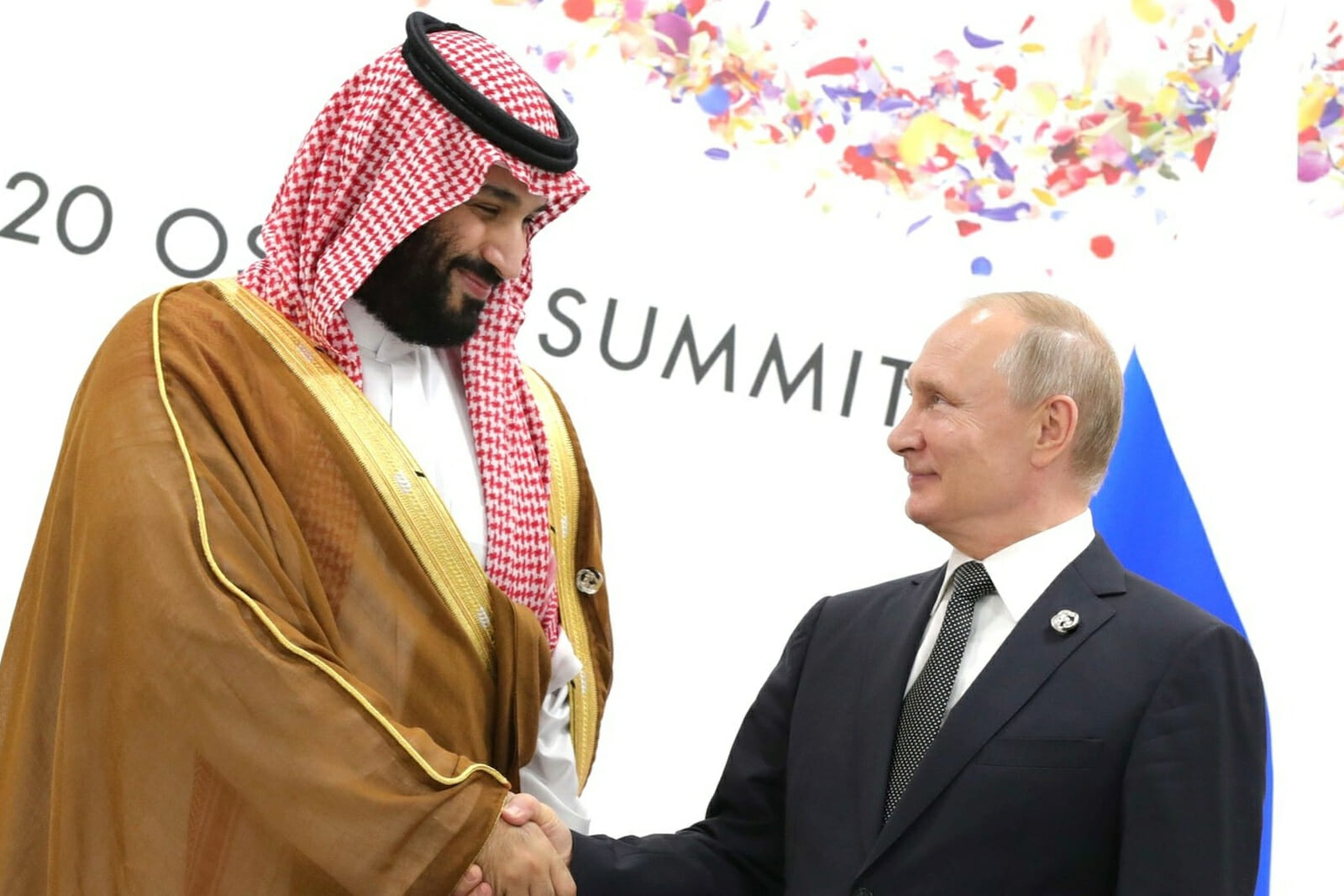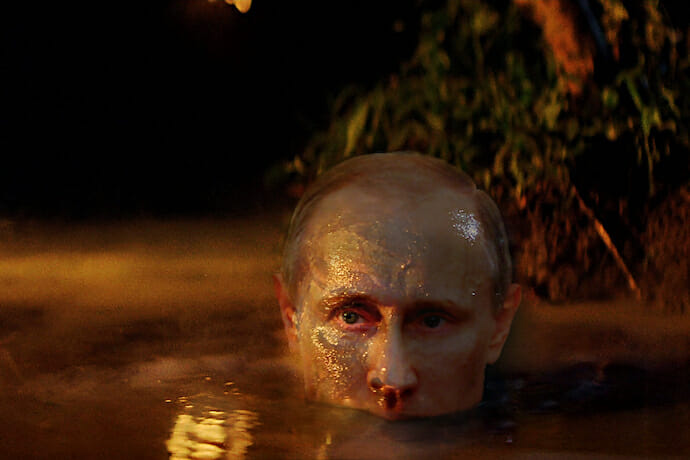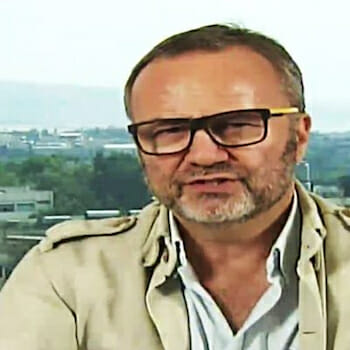
Putin Eyes Geopolitical Spoils from the UAE-Saudi Rift in Yemen
When news broke of UAE-backed “separatists” in August of this year taking the Yemen capital Aden from the hands of Saudi-UAE backed government forces, Yemen started to get complicated.
The separatists, on paper at least, were both supported by the UAE and Saudi Arabia, although the “coup” as it was called was believed to be the pernicious handiwork of the UAE, which supported the STC’s objective to create a separate southern belt of Yemen which was both independent of the Houthis to the north, but also sought autonomy from the present Saudi backed-Hadi government.
When the ‘coup’ happened, it was like a pivotal point not only for the Saudis who realized that their partners in Yemen are not always on the same page as they are but also that the UAE-Saudi pact is not as robust as many believed.
Indeed, while Trump’s hawks must have watched in horror as both these regional giants effectively tore up their pact, it left President Putin in Russia with tears of joy in his eyes.
Opportunities abound now for the Russian leader in the region to capitalize on the division and the chaos and clean up with new rules, new partners and new deals as the Saudi-UAE front against Iran looked to be in tatters.
Many might argue this is what his trip to the region in mid-October is all about. In theory it is to visit the Saudis in Riyadh and to further promote Russia as a regional partner for stability with no prizes for those who guess if he will be asking the magic question “would the S-400 missile system have not blocked the attacks from Iran?”
We remember only too well the warm body language of MbS and Putin at the G20 Summit in Argentina, following the scandal of the Khashoggi affair which pushed the Saudi Crown Prince to look for new partners, when Trump made it quite clear that he wasn’t quite the friend Riyadh hoped we would be.
The Khashoggi affair prompted MbS to look to China and to Russia for better defence procurement deals and the S-400 offer from Putin is a tacit reminder of that.
The controversial Russian missile defense system may not be formally scheduled for talks in Riyadh, but its presence will always be there. The real subject though will be Yemen.

Russia has a special relationship with rebels in Southern Yemen, aligned to the UAE. Indeed, its conciliatory moves towards the STC are aimed at bolstering Moscow’s relationship with the UAE to enable Putin to build a naval base along its southern coastline.
Moscow’s proximity with the STC which led to private military companies in southern Yemen supporting the group may well even pave the way for Putin to back UN-brokered peace talks, which would put him in the debt of the UAE while giving him a lot of capital to play with in Riyadh.
For the moment, it seems to be fashionable to not to recognize the peace deals offered by your enemies. The Houthis have made such an offer to the Saudis; the Iranians made a stunning no-nukes offer to the US during UNGA; they also turned down an offer of an informal meeting with Trump. And the Saudis have just reached out to the Iranians with an offer of dialogue. The silence is deafening.
Where does Putin fit in? It will be a balancing act to keep Abu Dabhi close but Riyadh even closer, but this is what Putin’s trip is all about. He doesn’t need to back the STC outright just merely suggest this option will always be on the table to vex the Saudis enough, to make him more of a superpower leader that they should be closer to rather than view as a foe.
It’s delicate stuff, but exactly the way the Russians like to operate in the Middle East, always keeping the shop door open to any new customers.
Heart of Darkness: Yemen
The timing of the visit is of course critical not just because Yemen’s situation is worsening and making the Saudis look bewildered and trapped in their own homemade Vietnam – which recently sunk to a new Apocolypse Now moment when Houthis captured Saudi soldiers in a daring cross border raid – but also because of the strained relationship between Trump and MbS.
Seasoned analysts like to point out that this marriage of convenience, by definition, can’t head towards the divorce courts as both partners can’t imagine how cold outside it will be without the other. And let’s not even get on to the press getting hold of private telephone calls made by Trump to MbS or the UAE leader MbZ where who knows what offer he made them to get the Saudi leader out of the mess he was in over the murder of Khashoggi.
The recent CBS interview, which appears stage-managed, smacks of a US PR firm micromanaging it and it may well be revealed in years to come that Trump has a hand in this.
But no matter. Trump’s erratic and blundering Middle East policy has led to the Yemen fiasco blowing up in the faces of both the Saudis and their Emirati neighbours; his greed for murky campaign donations via the now-imprisoned George Nader, led to the Qatar blockade – and then the hilarious U-turn, which surely cannot be linked to these Muslim Brotherhood apologists investing in a failing Manhattan real estate venture owned by Jared Kushner, right? And even the Iran deal, which Trump sabotaged simply to score churlish points with Obama, is proving to be costly to the Saudis and forcing them to take the call from Tehran.
The fact that it was MbS who took the initiative to reach out to Tehran via Imran Kahn says a lot about the Saudis faith in Trump.
Moreover, Putin’s visit is also an indicator that the marriage is on the rocks and that the folly enjoyed by Iranians who dream of Trump not making a second term might well also be a pipe dream of those in Riyadh.
For those who care to look, it’s remarkable, in fact, how much Saudi Arabia and Iran have in common and it may well be Russia getting a special deal from both the Saudis and the Emiratis in Yemen which will promote this notion further. The horror. The horror.

